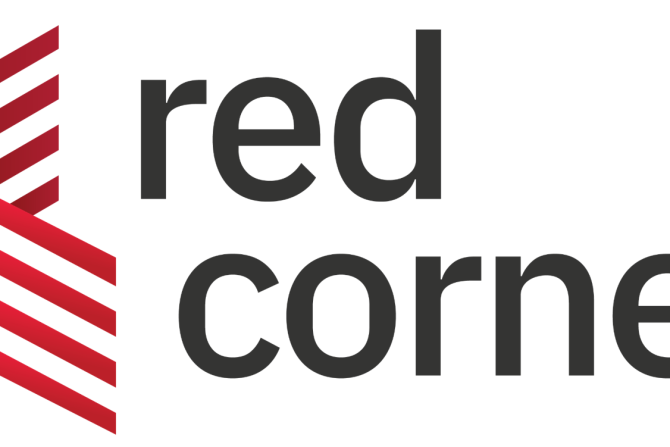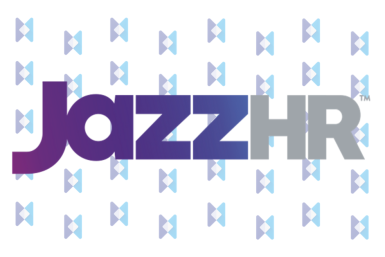Oluwatoyin Embassey knows the experience and effects of female oppression firsthand.
Here are 30 things you need to know about JazzHR, one of the best SMB recruitment software today.
How to give benefits to your employees that they will like and benefit from.
Here we have compiled some tips on how to handle workplace conflicts properly.
Establishing and maintaining professional relationships will have a positive impact on your business.
Tips to find great employees in today's gig economy.
Here are some ways to handle the HR roles without actually having an HR department in a small business.
Weighing the scales between higher pay and more benefits can be hard. Read on to figure out how you can decide.
Here's how you can run a successful business without adding stress to your relationships.
COVID-19 may cause employees' medical costs to rise. Here's a rundown of four types of health insurance SMBs may buy and the cost-saving potential of each.
Florida residents risked exposure to the coronavirus to line up for unemployment benefits after a state website for the benefits crashed.
Walmart plans to hire 150,000 temporary workers and is planning to give $300 bonuses to full-time workers and $150 to part-time employees.
Every New Year is an avenue for change. Many would like to change their appearance, location, or their jobs. For those who are considering a change in the latter, they may be looking at a number of things.


































